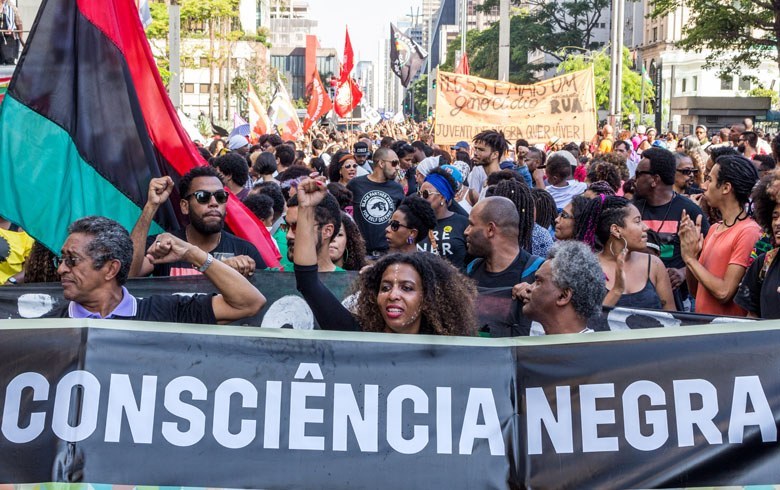The Marriage Battle: A Family Tradition, A Memoir by Susan C. Green and Robin J. PhillipsPosted in Autobiography, Biography, Books, Gay & Lesbian, Monographs, United States on 2017-12-20 23:27Z by Steven |
The Marriage Battle: A Family Tradition, A Memoir by Susan C. Green and Robin J. Phillips
Mill City Press
2017-12-05
222 pages
5.25″ x 8″
Softcover ISBN 13: 9781545613429
ePub ISBN 13: 9781545616307
MOBI ISBN 13: 9781545616307
Susan C. Green and Robin J. Phillips
Golddigger, nigger lover… Those are some of the insults hurled at Iris in 1961 by the military brass when they grilled her about the relationship with Sue’s father. And when her dad Ray, a Black GI stationed in England, asked his superiors for permission to marry Sue’s mum, a white single mom from Liverpool, they asked him why he wanted to marry a whore with a bastard child. But they remained steadfast and married even though their interracial union wouldn’t be fully recognized until 1967 when Richard and Mildred Loving would prevail and anti-miscegenation laws were abolished. Like the Lovings, her parents, Iris and Ray Green fought the courts and culture to stay together and raise a family.
Their story of love and perseverance became Sue’s story and provided the inspiration for this book. She is an out and proud lesbian and it is her parent’s battle to marry and have their interracial union recognized by the law that has led Sue to her own moment to take a stand for love. She too fought for the right to marry her wife Robin. And almost 50 years to the day of the Loving decision, the Defense of Marriage Act was repealed and same sex marriages were legal.
This book is a memoir and a love and a life story about Sue’s life with Robin and her parents’ life. It spans decades from the late 1950s when our country was rocked by civil unrest, to the present nearly 60 years later. It is a story of growing up biracial and dealing with racism and living as an outsider both at home and during her family’s military postings abroad. It reveals the parallel lives of Sue and her parents who experienced traumatic events that impacted their early days and and later years, yet fought for the same shared goal. Despite the hurdles, they held on to the belief that they deserved to find someone to love, and marry that person no matter what their color or gender.
And ultimately it’s about four people falling in love with someone society said you shouldn’t love, breaking the marriage laws at the time, and being willing to deal with the consequences of those decisions. It is a love story – and is as simple, yet complicated as that.


/arc-anglerfish-arc2-prod-pmn.s3.amazonaws.com/public/ZQXACH4FWFBEZG2XO23LLD55PI.jpg)